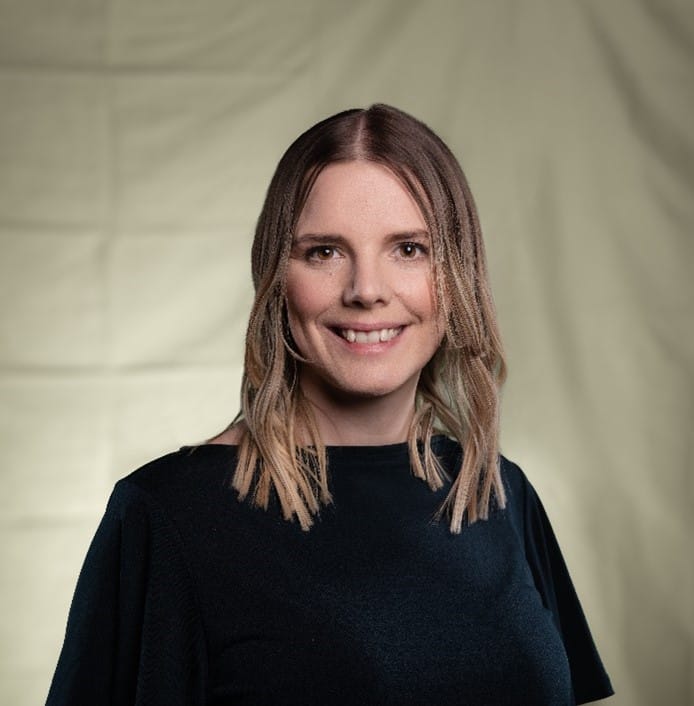
Entering 2025, personal finances and financial wellbeing is at the forefront of many people’s minds. With one in three Brits reporting that financial stress impacted their mental health in 2024, it’s clear that managing money wisely is more important than ever. In an interview with GBAF, Dani Palmer, Chief Marketing Officer at Loqbox, discussed her practical steps for improving financial health in the new year.
Q. Why is financial wellbeing such an important focus for 2025?
Dani: Financial stress can have a significant impact on overall mental health. For Mental Health Awareness Week, we asked Brits about the correlation between their financial and mental wellbeing and found that 75% of people across the UK have experienced emotional distress in the past year because of financial worries. For 57% of people, these worries have caused conflict with loved ones.
Our research highlights the sizable impact that poor financial wellbeing creates for people across the country. The new year provides a natural opportunity to reassess our relationship with money and to create healthier financial habits. It’s not just about saving or cutting back—it’s about finding a balance that works for you. Financial wellbeing allows you to feel secure and at ease with your money, which can have a positive ripple effect on all aspects of life.
Q. What are some practical tips for boosting financial wellbeing?
Dani: There are a few strategies to boost your financial wellbeing that anyone can try. The first is to pause before you purchase. Taking a moment to reflect on your spending—like following the 24-hour rule, where you wait a day before making a purchase—can help you feel more confident in your decisions. Whether it’s something you truly need or simply something you fancy treating yourself to, mindful spending allows you to enjoy your purchases while keeping your finances on track and avoiding buyer’s remorse.
Another thing that can really simplify your spending is to automate your finances. If you can, set up automated payments for savings, bills, and debt repayments. This method ensures your essentials are handled first, leaving less room for overspending elsewhere. Think of it as paying yourself first.
Finally, it’s important to build an emergency fund wherever possible. Life is messy! And unexpected expenses are a part of it. Without a financial cushion, you could end up relying on credit cards or loans. While using credit services isn’t necessarily a bad thing, if you don’t have the means to make repayments on time this could lead to debt and a lower credit score. An emergency fund covering three to six months of essential expenses is invaluable. It provides peace of mind and ensures you’re better prepared for whatever life throws at you.
Q. What should people keep in mind about their finances as they plan for 2025?
Dani: We always think about what we would do if something goes wrong with our finances. But what about if things go right? Getting a promotion in 2025? Great! But have you thought about how to handle that extra cash? When your income increases, understandably it’s tempting to spend more. This is known as lifestyle inflation or lifestyle creep. While it’s great to treat yourself, prioritising your long-term goals is key. A salary increase or financial windfall can be an opportunity to boost savings, investments, or pay off debt rather than simply increasing your expenses.
Q. How can people balance financial security with enjoying their money?
Dani: It’s about striking the right balance between planning for the future and living in the present. Financial security doesn’t mean deprivation—it means setting yourself up for long-term stability while still allowing room for the things that bring joy and meaning to your life, whatever that looks like for you.
For instance, allocating funds for experiences like family trips or personal development can be just as important as saving for a rainy day. The key is to make thoughtful choices about how you use your money to align with your long-term goals.
Q. What’s the bigger picture for financial wellbeing in 2025?
Dani: This year, we have an opportunity to shift away from a purely materialistic focus and instead find balance. Financial wellbeing isn’t just about resolutions or rigid rules—it’s about creating a sustainable approach that works for you. Whether it’s building financial security or investing in meaningful experiences, the goal is progress, not perfection.
Q. Any final advice for readers starting their financial wellbeing journey?
Dani: Don’t let the pressure to do everything perfectly hold you back. Start small, stay flexible, and give yourself permission to adjust your approach as life changes. The key is to strike a balance between planning for your future and enjoying the present too.


